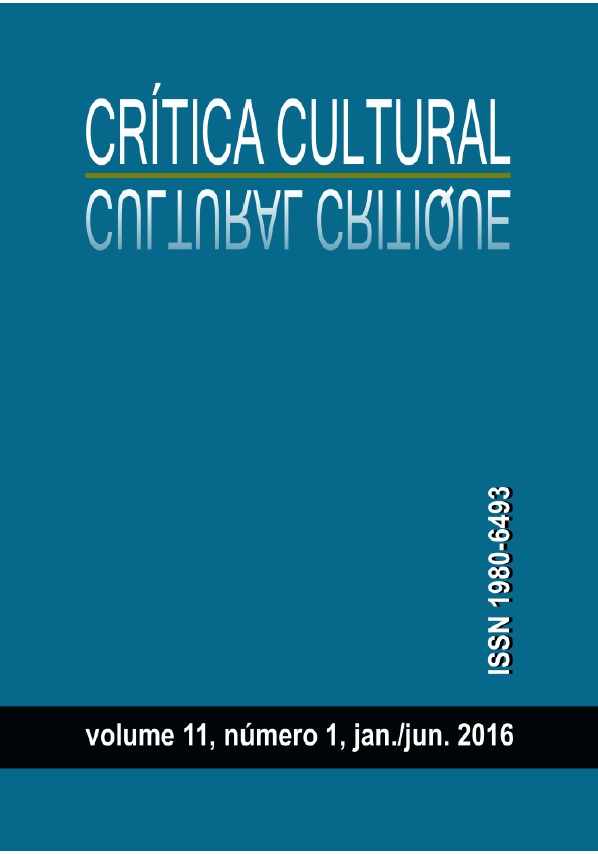Dematerialization of history in the era ofthe (cinematographic) archive. From Aby Warburg to Jean-Luc Godard
DOI:
https://doi.org/10.19177/rcc.v11e1201629-48Keywords:
Aby Warburg, Jean-Luc Godard, Archive, Dematerialization of historyAbstract
Aby Warburg's Mnemosyne proposes a writing of art history that escaped from chrono-normativities of historiography that crystallized before their eyes. In his atlas, he sought an anachronistic point of view where past and present transform each other to configure what Walter Benjamin could call “constellation”. Both Warburgian experience and some cinematographic archives of Jean-Luc Godard pose epistemological problems very contemporary: how configure an archive about the past and how to restore to (visual) documents a place in the historical process? This article explores how the Warburg’s method illuminates contemporary productions on the relationship between film and history and how it continues functioning as a matrix to think the dematerialization of the historical discipline.Downloads
Published
2016-07-13
Issue
Section
Dossier: Immaterial Archive
License

Revista Crítica Cultural de http://www.portaldeperiodicos.unisul.br/index.php/Critica_Cultural/index está licenciado com uma Licença Creative Commons - Atribuição 4.0 Internacional.


